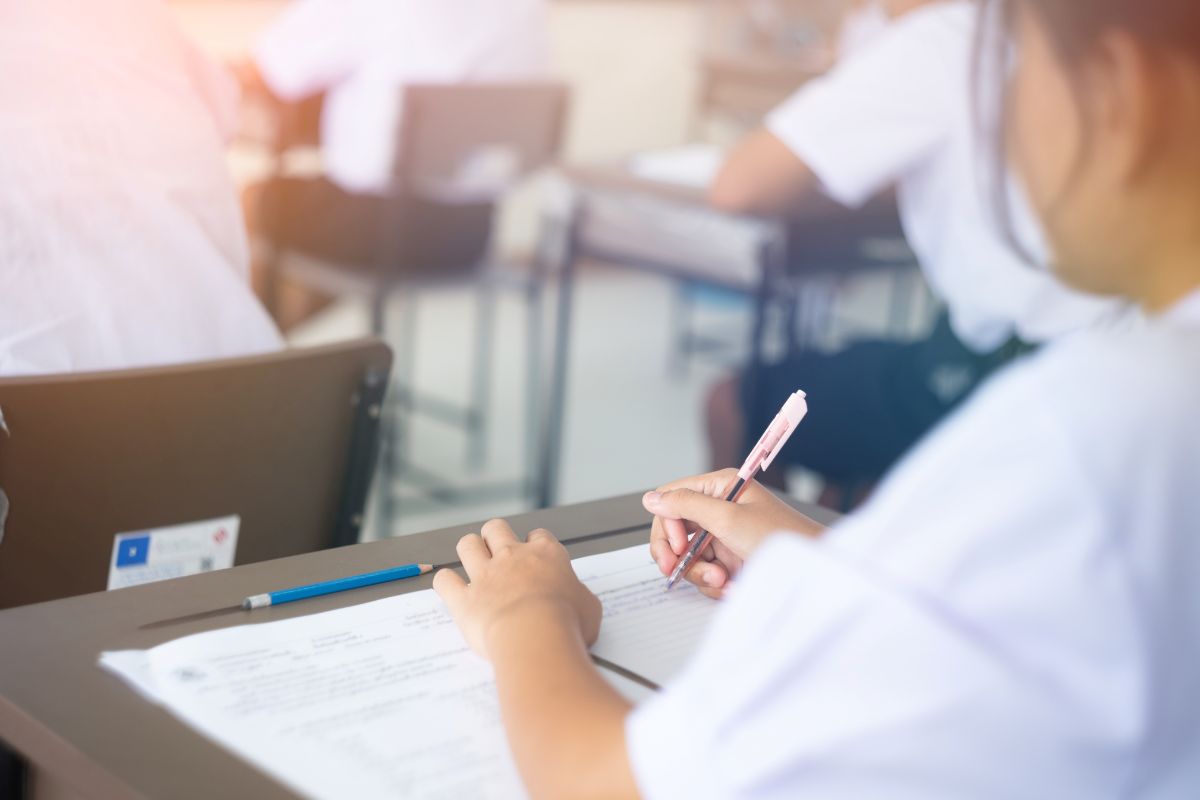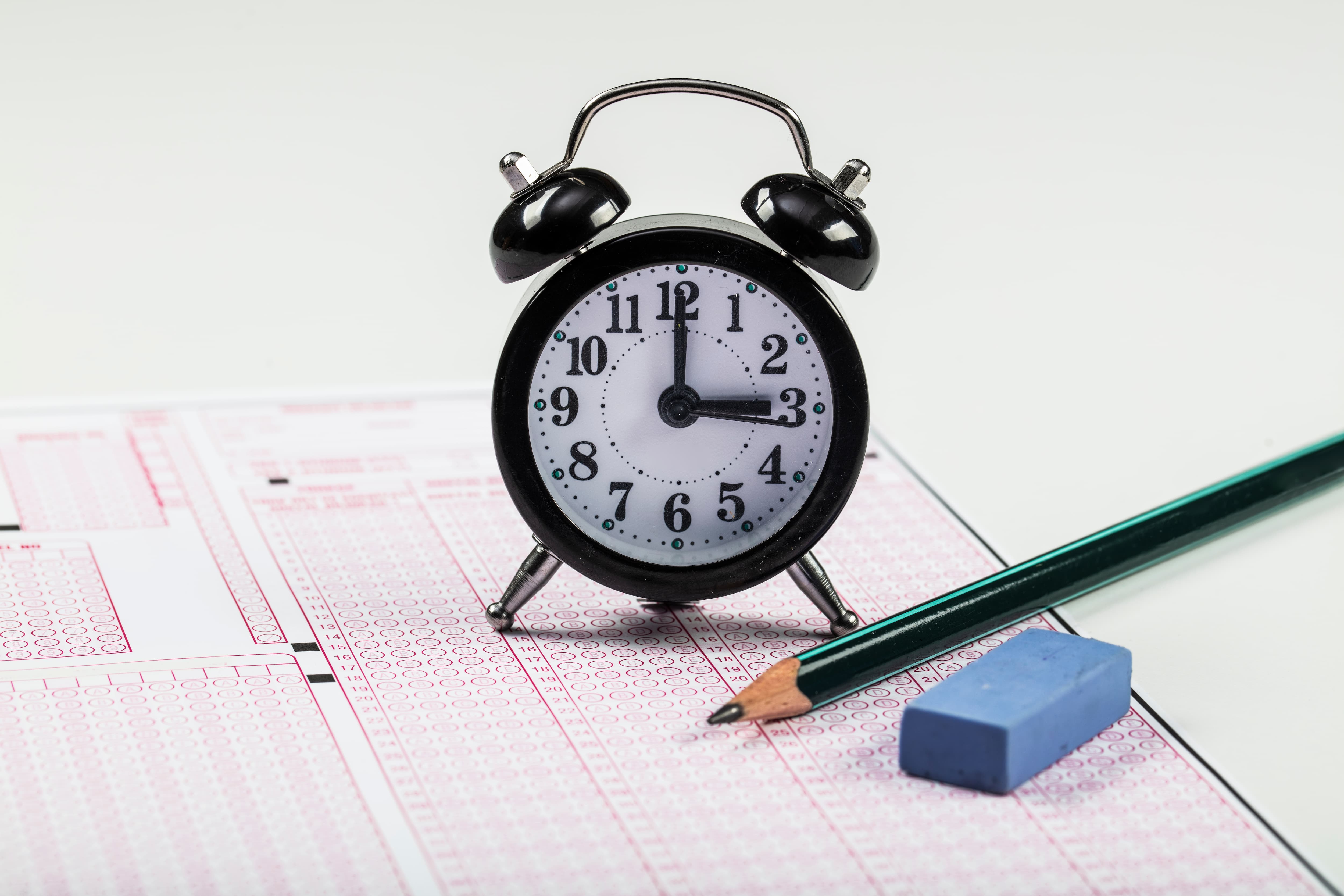November 5, 2024

At Class 101, we understand that preparing for college can be overwhelming, but being organized and proactive can significantly ease that stress. This is not a post about mental health treatment or specific self-care tips. Instead, we’re here to discuss practical strategies for navigating the high school years—a time often filled with stress and anxiety for many students.
When students lack essential tools and strategies, it can lead to undue stress and anxiety. No matter if it’s a small test for one of your courses or a larger standardized test, like the ACT or SAT, not having practical items or systems in place—like a study schedule, organizational tools, or effective communication strategies—can make testing feel even more daunting. While we’re not a mental health company, we recognize that stress can manifest in various ways during these crucial years.
Let’s explore the signs of how ineffective planning can lead to stress.
To help ease the stress of high school and prepare for college, consider these practical tips:
At Class 101, we focus on helping students prepare for college by enhancing organization, communication, and study habits. Our High School Prep 101 course is specifically designed to provide tools and strategies to better prepare students for high school, allowing them to focus on their academic goals without becoming overwhelmed.
While implementing these practical strategies is crucial, remember that seeking support is also an important step. Whether it’s academic advising, talking to a trusted teacher, or discussing concerns with friends and family, don’t hesitate to ask for help when you need it.
Navigating the pre-college years doesn’t have to be a source of anxiety. By focusing on practical preparation and utilizing effective strategies, you can significantly reduce stress as you move toward your academic goals. At Class 101, we’re here to support you every step of the way. Together, let’s ensure you’re fully prepared for a successful transition to college and beyond!

July 10, 2023
Updated Dec 20th, 2024 If you are a high school student planning for college, you surely have heard about the SAT and ACT standardized tests. But which one should you decide to take? How do you decide which test is the better fit for you? The SAT and ACT are the two primary standardized tests […]
Read More >